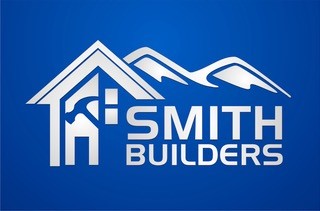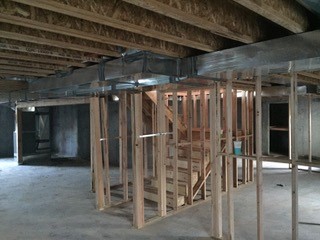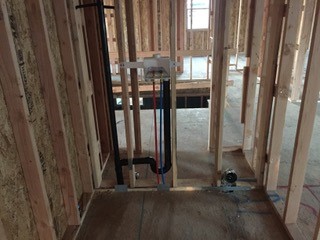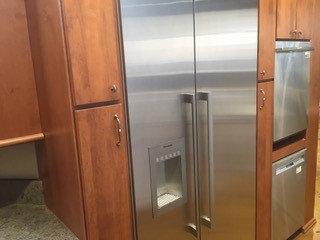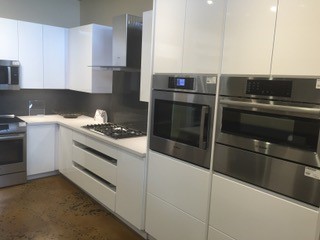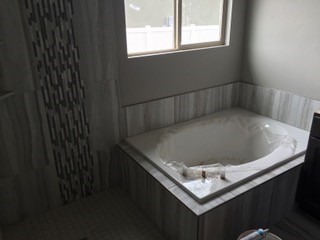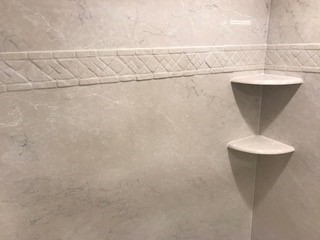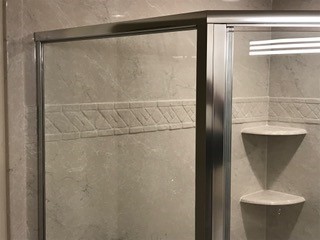
Call Smith Builders to set up a free estimate for your next project now: 801-647-7123.
Installing heated concrete driveways is becoming increasingly popular in Riverton, Utah, due to the harsh winter conditions that residents often face. For contractors, understanding the nuances of these installations is crucial to ensure customer satisfaction and the longevity of the driveway. Here are some frequently asked questions (FAQs) that contractors encounter about heated concrete driveway installation in Riverton.
- What are the benefits of a heated concrete driveway?
- What types of heating systems are available?
- How do I determine the best system for my client’s driveway?
- What is the installation process like?
- What are the maintenance requirements?
- Are there any potential drawbacks?
1. What are the benefits of a heated concrete driveway?
Enhanced Safety: Heated driveways melt snow and ice, reducing the risk of slips and falls. This is particularly beneficial for homes with elderly residents or children.
Convenience: Homeowners no longer need to shovel snow or apply de-icing chemicals. The heating system operates automatically, maintaining a clear driveway.
Long-term Savings: Although the initial cost is higher, heated driveways reduce the need for snow removal services and can prevent damage from freeze-thaw cycles, potentially saving money over time.
2. What types of heating systems are available?
Electric Systems: Electric heating systems use cables or mats embedded in the concrete. These systems are easy to install and operate automatically when connected to a thermostat and sensors.
Hydronic Systems: Hydronic systems use a network of tubing through which a heated water-antifreeze mixture circulates. This type of system is often more energy-efficient and suitable for larger driveways.
3. How do I determine the best system for my client’s driveway?
Size and Usage: For small to medium driveways, electric systems are typically sufficient. For larger driveways or areas requiring significant heating, hydronic systems may be more efficient.
Energy Costs: Consider the long-term energy costs. Electric systems may have higher operational costs than hydronic systems, depending on local energy prices.
Installation Complexity: Electric systems are generally easier and quicker to install. Hydronic systems require more extensive installation, including a heat source like a boiler, which can be more complex and time-consuming.
4. What is the installation process like?
Site Preparation: Ensure the driveway area is clear of debris and properly graded. Excavation may be necessary if the existing driveway is being replaced.
Laying the Heating Elements: For electric systems, lay the heating cables or mats in a serpentine pattern to ensure even heat distribution. For hydronic systems, install the tubing network and connect it to the heat source.
Pouring the Concrete: Once the heating elements are in place, pour the concrete, ensuring it is evenly distributed and properly cured.
System Testing: After installation, test the system to ensure it is functioning correctly. Check the thermostat, sensors, and heating elements.
5. What are the maintenance requirements?
Regular Inspections: Advise homeowners to inspect their heated driveway regularly, especially before the winter season, to ensure the system is functioning correctly.
System Checks: Electric systems should be checked for any faults or breaks in the heating cables. Hydronic systems require checking the fluid levels and the condition of the boiler and pump.
Professional Servicing: Recommend annual servicing by a professional to maintain optimal performance and address any potential issues before they become major problems.
6. Are there any potential drawbacks?
Initial Cost: The initial installation cost is higher than a traditional driveway. However, the long-term benefits often outweigh this drawback.
Operational Costs: Depending on the type of system and local energy prices, operational costs can vary. Hydronic systems tend to be more cost-effective in the long run.
Installation Time: Heated driveways require more time to install compared to traditional driveways, due to the need for laying heating elements and additional site preparation.

Call Smith Builders to set up a free estimate for your next project now: 801-647-7123.
For contractors in Riverton, Utah, understanding the ins and outs of heated concrete driveway installations is essential. By addressing common questions and concerns, contractors can better serve their clients, ensuring that heated driveways are installed efficiently and effectively, providing lasting benefits through the harsh winter months.
Learn more about our Concrete Services or Contact Us for a free estimate on your next project:
